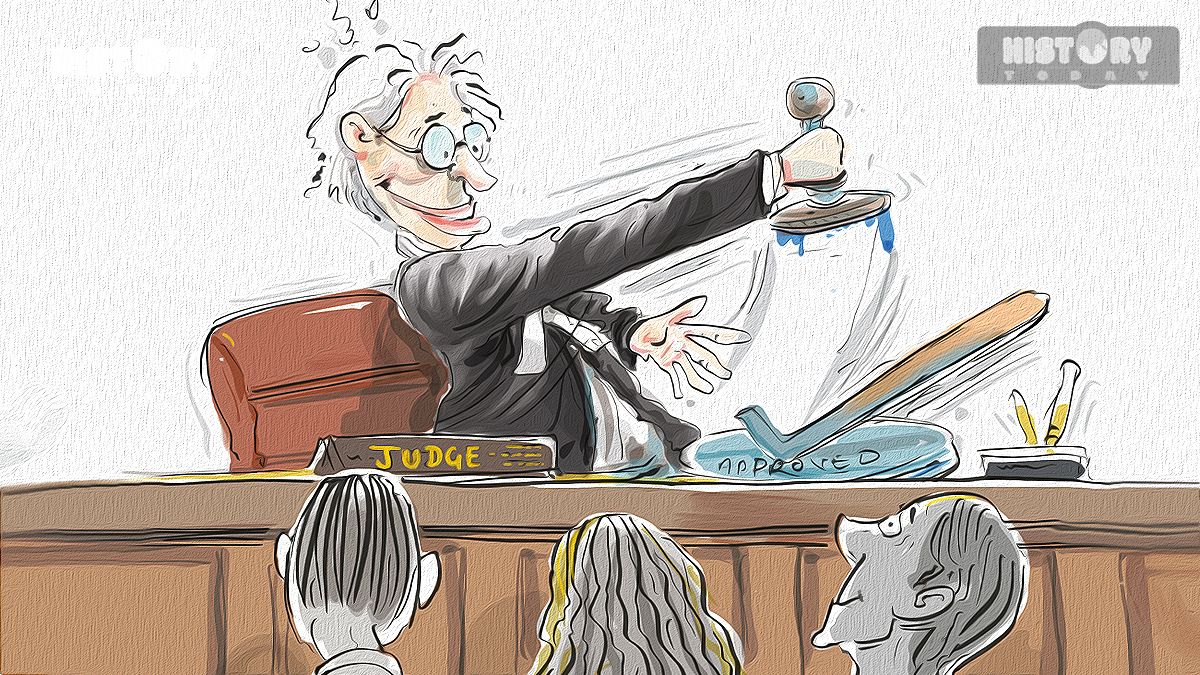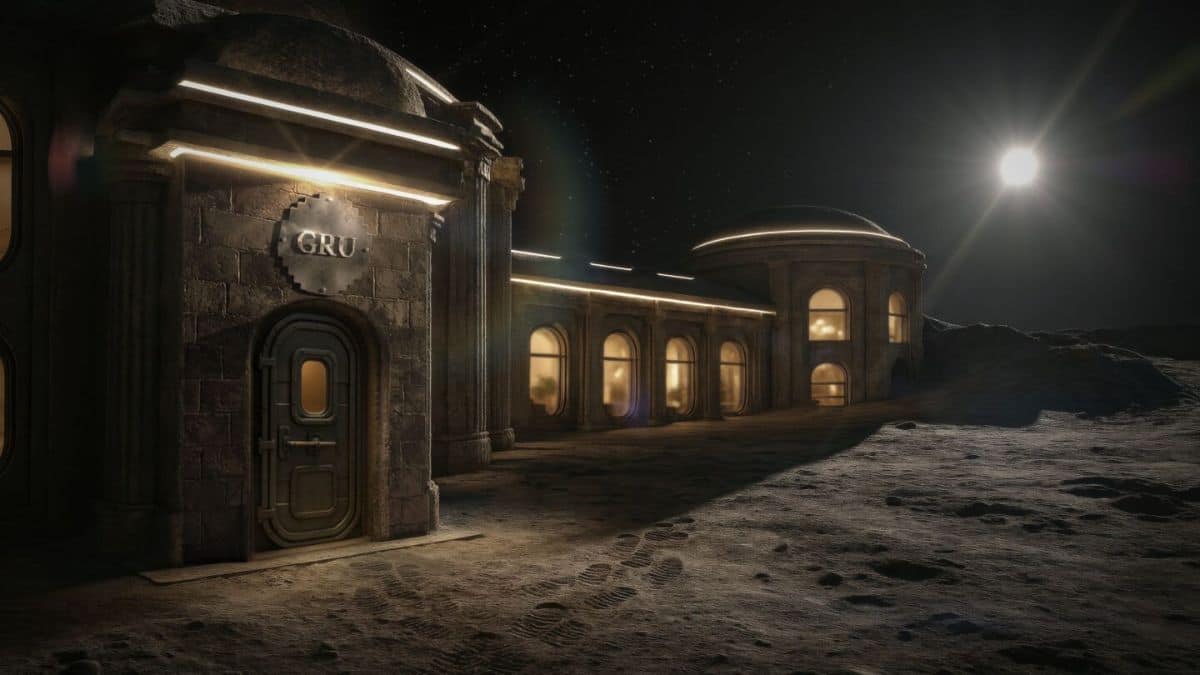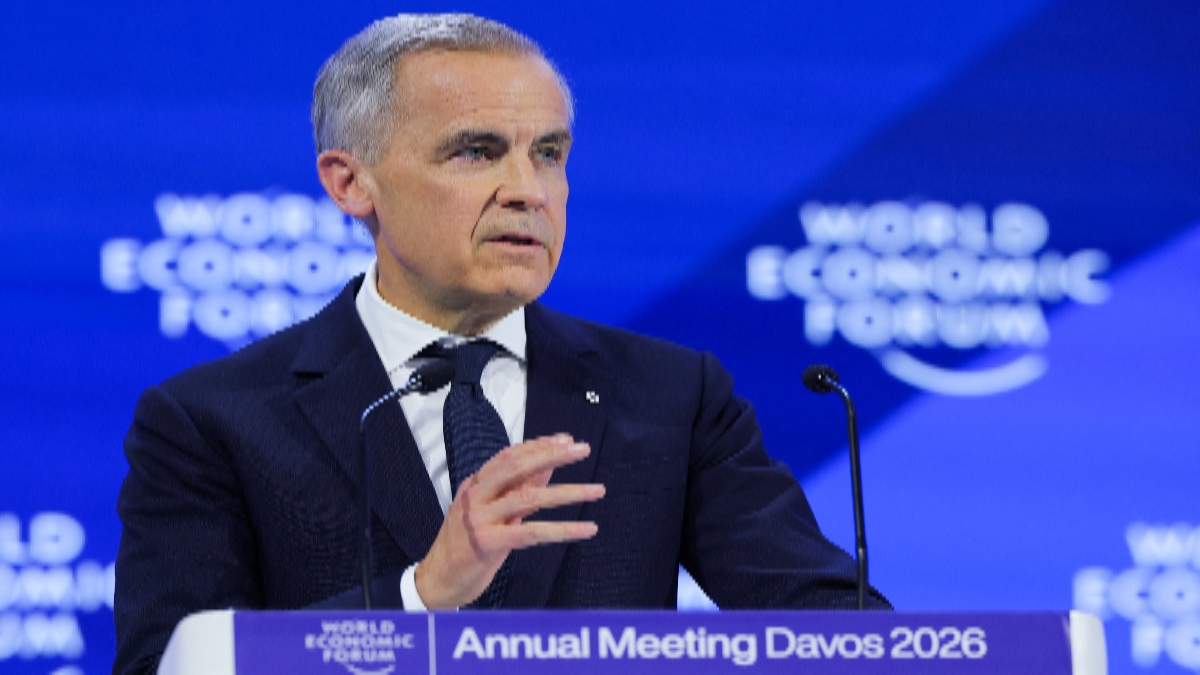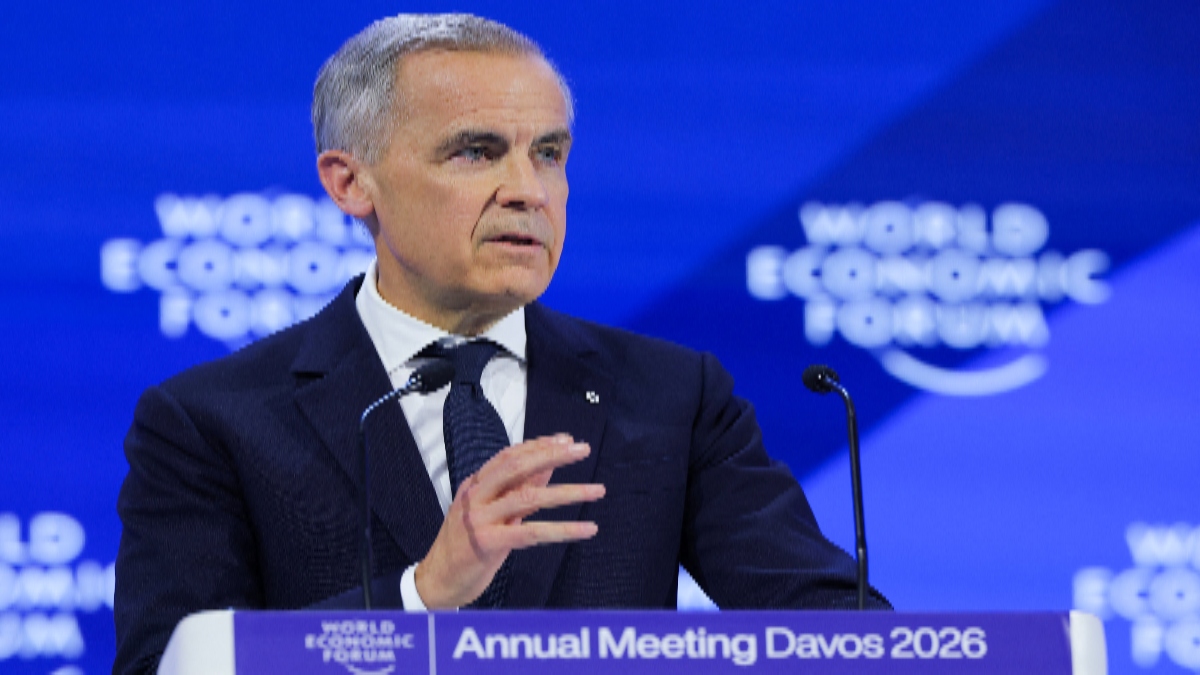It was on March 27, 1998, when the Food and Drug Administration (FDA) approved the use of Viagra to treat erectile dysfunction. The drug, originally created when scientists were trying to discover a drug to treat chest pains and hypertension, was seen increasing blood flow to the penis, thus treating the issue of impotency.
If you are a history geek who loves to learn about important events from the past, Firstpost Explainers’ ongoing series, _History Today_ will be your one-stop destination to explore key events.
On this day in 1912, the iconic Japanese cherry blossom trees were planted along the Potomac River. Marlon Brando, the star of ‘The Godfather’ movie, refused to accept the Oscar award for best actor in 1972.
Here is all that happened on this day across the world.
Viagra approved by US FDA
The iconic diamond-shaped blue tablet, Viagra, was approved by the Food and Drug Administration (FDA) on March 27. This groundbreaking approval revolutionised men’s health and provided a much-needed solution for millions suffering from ED worldwide.
Scientists at Pfizer pharmaceutical company had been working tediously to create a solution for angina and hypertension for some time. They developed sildenafil, the chemical name for the drug. This was an artificial compound that they originally synthesised to treat chest pains but they noticed that the pill did not have the desired result on patients with chest pains.
However, it could induce penile erections typically within 30 to 60 minutes. Seeing this as an economic opportunity Pfizer decided to market the drug for erectile dysfunction, then-called impotency. Pfizer patented sildenafil in 1996 while the FDA approved its use for treating erectile dysfunction merely two years later in 1998. This is an extremely short time compared to other drugs.
Japanese cherry trees planted along the Potomac
On this day in 1912, former US First Lady Helen Herron Taft and Viscountess Iwa Chinda, the wife of the Japanese ambassador to the US planted the first two cherry trees on the northern bank of the Potomac River Tidal Basin.
The idea to plant cherry trees along the river was first floated by Eliza Scidmore, the first female board member of the National Geographic Society. Subsequent and numerous visits to meet her brother stationed in Japan’s US Consulate sustained her fascination with cherry blossoms.
Upon her return from Japan in 1885, Scidmore proposed the planting of cherry trees along the Potomac waterfront to the superintendent of public buildings and grounds. However, this proposal did not garner interest from him or his immediate successors.
In 1909, Scidmore reiterated her proposal, this time in a correspondence addressed to Helen Herron Taft, who possessed direct knowledge of the trees’ aesthetic appeal as she had resided in Japan. Upon Taft’s articulation of her enthusiasm, the Japanese consul in New York extended an offer to donate the trees as a gift to the citizens of Washington and the US government.
Marlon Brando declines Best Actor Oscar
During the 45th Academy Awards held on March 27, 1973, Marlon Brando won the Best Actor category for his role in 'The Godfather', but it was not Brandon who climbed the stage to accept the award. The world watched Sacheen Littlefeather, an Apache actress and activist, take the stage to announce Brando’s decision to decline the award.
When Littlefeather took the stage, she was met with a mix of applause and boos as she delivered a brief but powerful speech explaining Brando’s decision. She stated that he was refusing the award in protest of the film industry’s negative portrayal of Native Americans and to bring attention to the ongoing Wounded Knee standoff, where members of the American Indian Movement (AIM) were engaged in a conflict with US federal forces.
Brand’s protest also drew attention to the Wounded Knee standoff, where Native American activists were engaged in a tense conflict with US federal forces. The incident sparked nationwide debate, with some supporting Brando’s stance and others criticising him for politicising the Oscars. The controversy forced Hollywood to confront its stereotypical portrayals of Native Americans, leading to small but significant changes in the industry.
His refusal to accept one of the most prestigious awards was termed as a bold protest against Hollywood’s portrayal of Native Americans and the mistreatment of Indigenous people in the film industry. Decades later, the moment remains one of the most memorable acts of protest in entertainment history.
This Day, That Year
- In 1977, a Pan Am 747 and a KLM 747 collided on a runway in the Canary Islands, killing 582 people.
- Nikita Khrushchev replaced Nikolay Bulganin as premier of the Soviet Union in 1958.
- In 1625, Charles I ascended the throne of Great Britain and Ireland following the death of James I.


)

)
)
)
)
)
)
)
)



